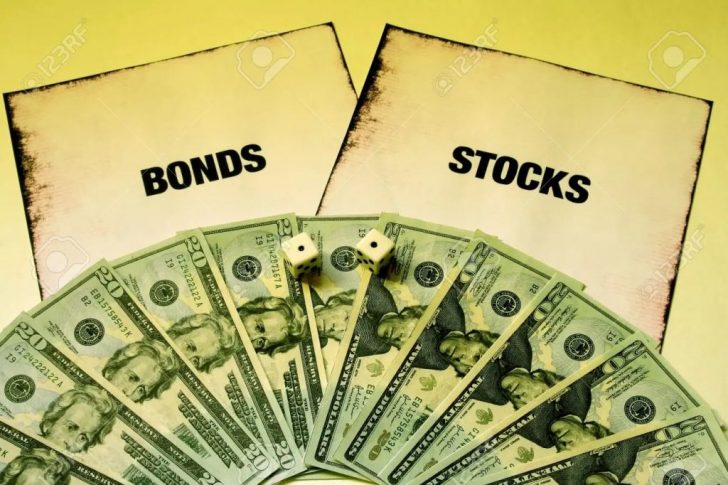Surely you’ve heard the terms stocks and bonds before, but what precisely are they? Stocks and bonds are two investment options that may be incorporated into a portfolio. You invest in stocks or bonds intending to get a return, meaning that over time, you’ll have more money than you put in originally. However, stocks and bonds are quite distinct assets that perform distinct functions in a diversified investment portfolio.
What are stocks?

Stocks are direct investments in corporations. You own a portion of the business when you purchase a company’s stock. You literally own a portion of the company. This implies that when the company’s market value improves, so does your portion of that value. Conversely, if the value decreases, your stock’s worth will decrease. You will get a dividend if the company generates a large profit and distributes a portion to its shareholders.
How do I make money with stocks?
The easiest and most accessible method for making money with stocks is to invest in high-quality firms at reasonable prices and then hold them for years. Although equities are unpredictable in the near term, this volatility is frequently driven more by economic and market sentiment than specific business difficulties.
However, when measured in years, the most significant indicator of a stock’s worth is the company’s profits per share growth. The greater a company’s profitability, the greater the value of its shares.

Stocks may also be excellent sources of income, generally through dividends or cash distributed directly to owners of a corporation. Not all equities pay dividends, but mature, stable corporations that earn more cash than they need to sustain growth and capital expenditures often distribute the surplus as dividends.
Options, which are contracts between investors to purchase or sell shares of a stock at an agreed-upon price in the future, are also available to investors.
What are bonds?
Bonds are an investment in debt. Bonds are a method for corporations and governments to raise capital; they are effectively modest loans to large enterprises. For instance, if a community needs money for a park, it can issue bonds today and pay back buyers with interest in the future.
You provide the city with the money it needs, and it will repay you with interest over time. You may keep the bond and receive your money back over time or sell it early to someone else.

How do I make money with bonds?
By holding bonds, investors often profit from the yield they get. Bond prices can vary, falling when interest rates rise and rising when interest rates fall. Generally, if you purchase a bond at face value and keep it until maturity, you will earn a return and receive your principal back.
